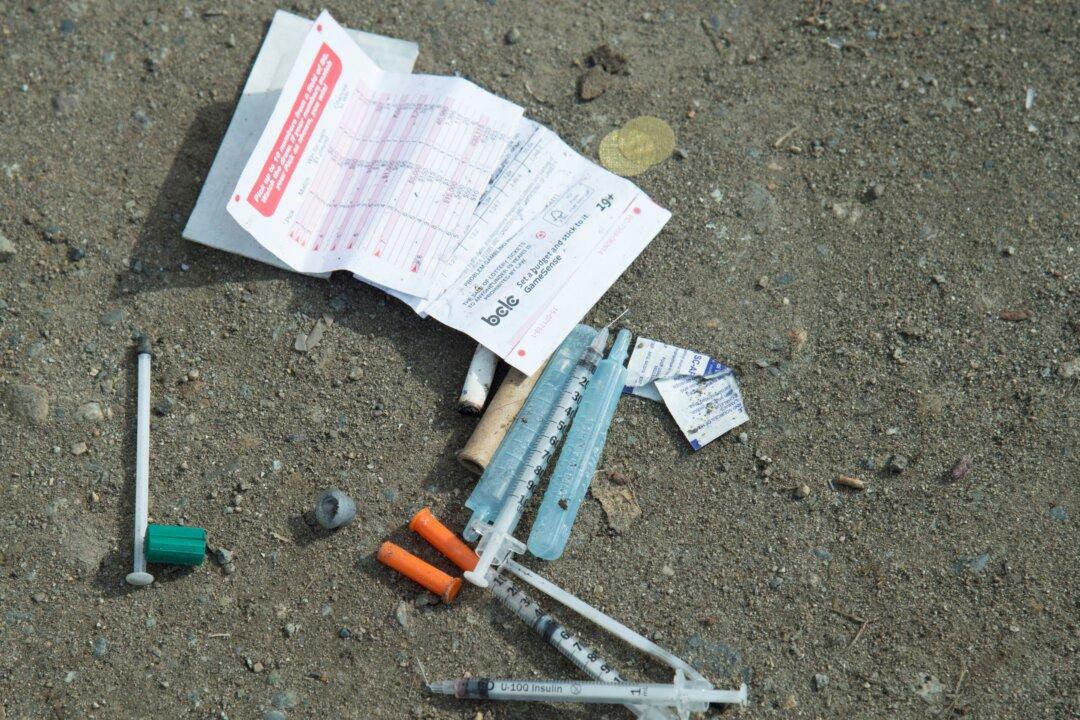Although British Columbia has been in the spotlight this week for mulling mandatory care, it’s an approach that has also gained traction in New Brunswick, Alberta, and Ontario.
Mandatory care has been used historically in Canada, but was abandoned in recent decades when the idea took hold that the method infringes on personal liberties. Since the 1990s, the approach to addiction in Canada has moved from abstinence-based models to harm reduction–a method aimed at reducing the negative impacts of drug use rather than a focus on eliminating the use itself.





